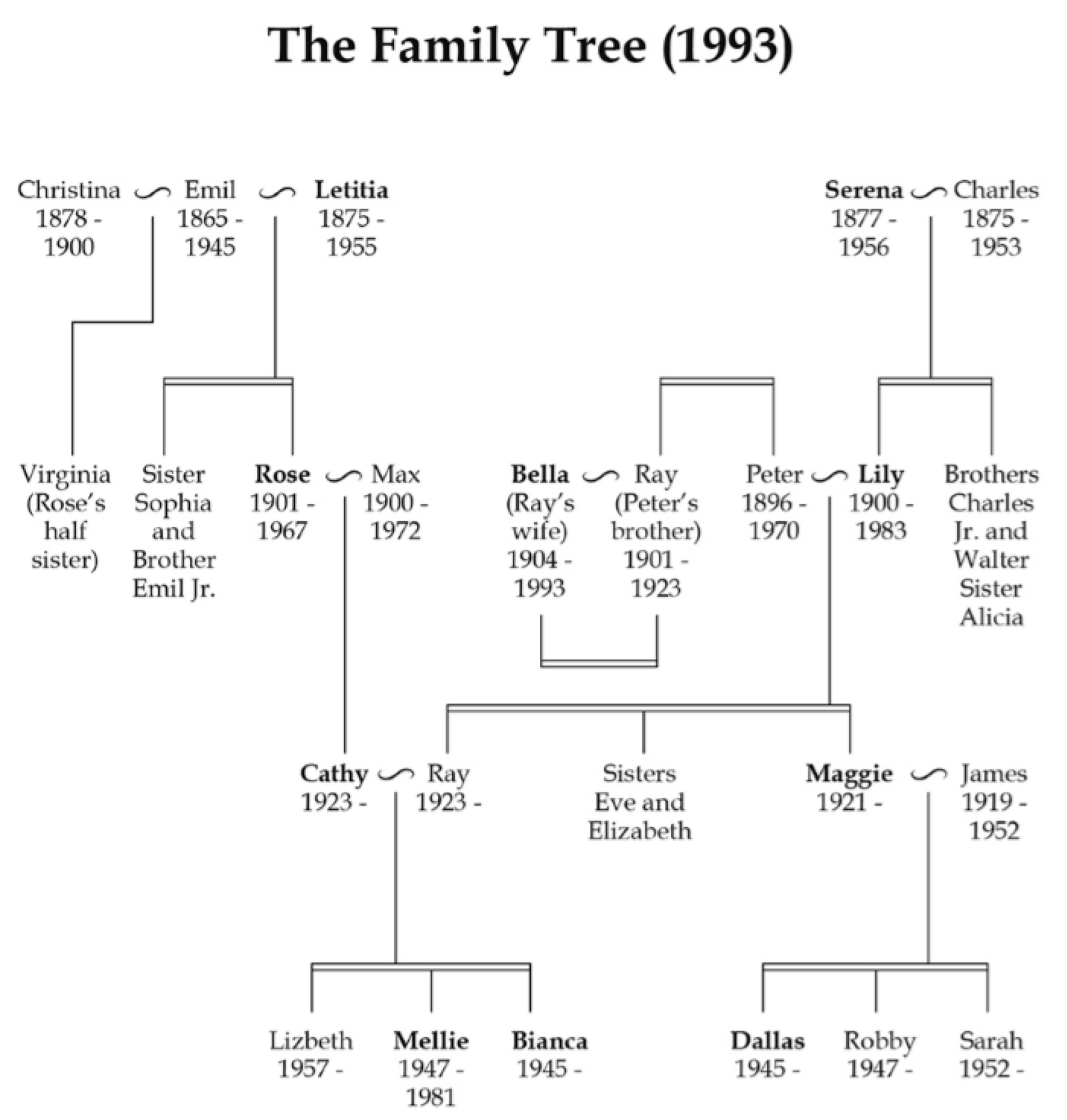Lineage has always played a significant role in shaping cultural and religious traditions worldwide. It serves as a bridge between the past, present, and future, connecting individuals to their heritage and influencing communal practices. This article explores the profound impact lineage has on cultural identity and religious customs.
1. Preserving Cultural Identity
Lineage helps maintain cultural traditions by passing down values, beliefs, and practices through generations. In many societies, family history is central to defining:
- Clan Membership: Certain cultures, like the Scottish or African tribes, identify individuals based on their ancestral clans.
- Naming Traditions: Names often reflect lineage, honoring ancestors and preserving family identity.
- Oral Histories: Storytelling about ancestors ensures that their wisdom and experiences are not forgotten.
2. Religious Significance of Lineage
Lineage is deeply embedded in religious teachings and rituals:
- Biblical Genealogies: In Christianity and Judaism, family lines are used to trace the descent of key figures, such as Jesus Christ, emphasizing divine fulfillment of prophecy.
- Hindu Gotras: In Hinduism, lineage determines rituals, marriage eligibility, and spiritual guidance within specific family lineages.
- Islamic Ancestry: Many Muslims trace their lineage to Prophet Muhammad as a symbol of religious pride and identity.
3. Lineage and Leadership
In some traditions, lineage determines leadership and social roles:
- Royal Succession: Monarchies often rely on bloodlines to choose successors, maintaining continuity and legitimacy.
- Spiritual Leaders: Tibetan Buddhism’s Dalai Lama is identified through reincarnation linked to lineage.
4. Ceremonial Practices
Rites of passage, marriage customs, and funerary traditions are often influenced by lineage. For example:
- Ancestor Worship: In East Asian cultures, honoring ancestors is a pivotal practice rooted in lineage.
- Marriage Alliances: Many cultures arrange marriages within specific families to strengthen lineage ties.
- Inheritance Rites: Lineage determines the distribution of wealth, land, and titles in numerous societies.

5. Lineage and Modern Challenges
In an increasingly globalized world, the significance of lineage faces challenges:
- Migration: Displacement can weaken ancestral connections.
- Intercultural Marriages: These often merge traditions, creating new, hybrid identities.
However, technology, like genealogy websites and DNA testing, helps individuals reconnect with their roots, ensuring lineage remains relevant.
Family History and Online Gaming
Genopresse.com provides resources and tools for genealogy research. For those seeking alternative online experiences, explore the thrill of wolfwinner online roulette. Discover a new world of online fun.
Latest News and Online Entertainment
At GenoPresse, readers stay informed with the latest news, updates, and insights across various topics. For moments of leisure, Jokacasino Club offers an exciting platform with engaging online games. Both platforms focus on providing valuable experiences and user satisfaction.
Conclusion
Lineage plays a vital role in preserving cultural heritage and religious traditions, fostering identity, and guiding societal roles. Understanding and respecting our ancestral roots deepens our connection to humanity’s shared history.










